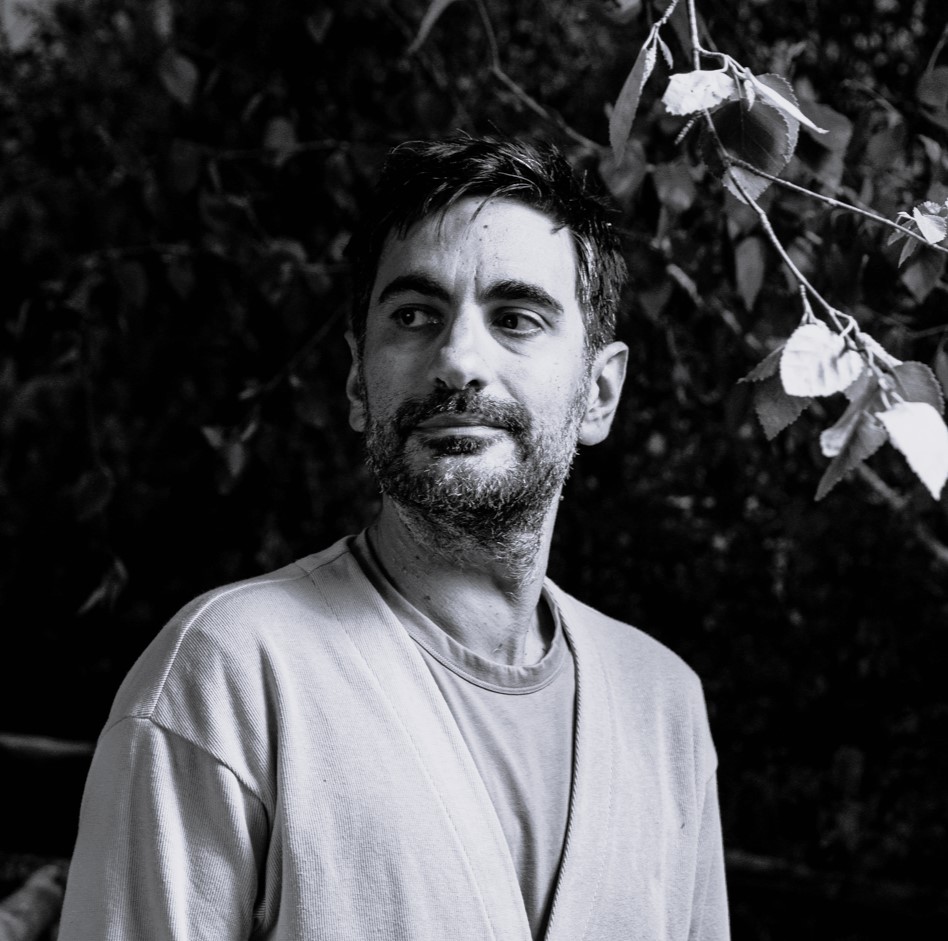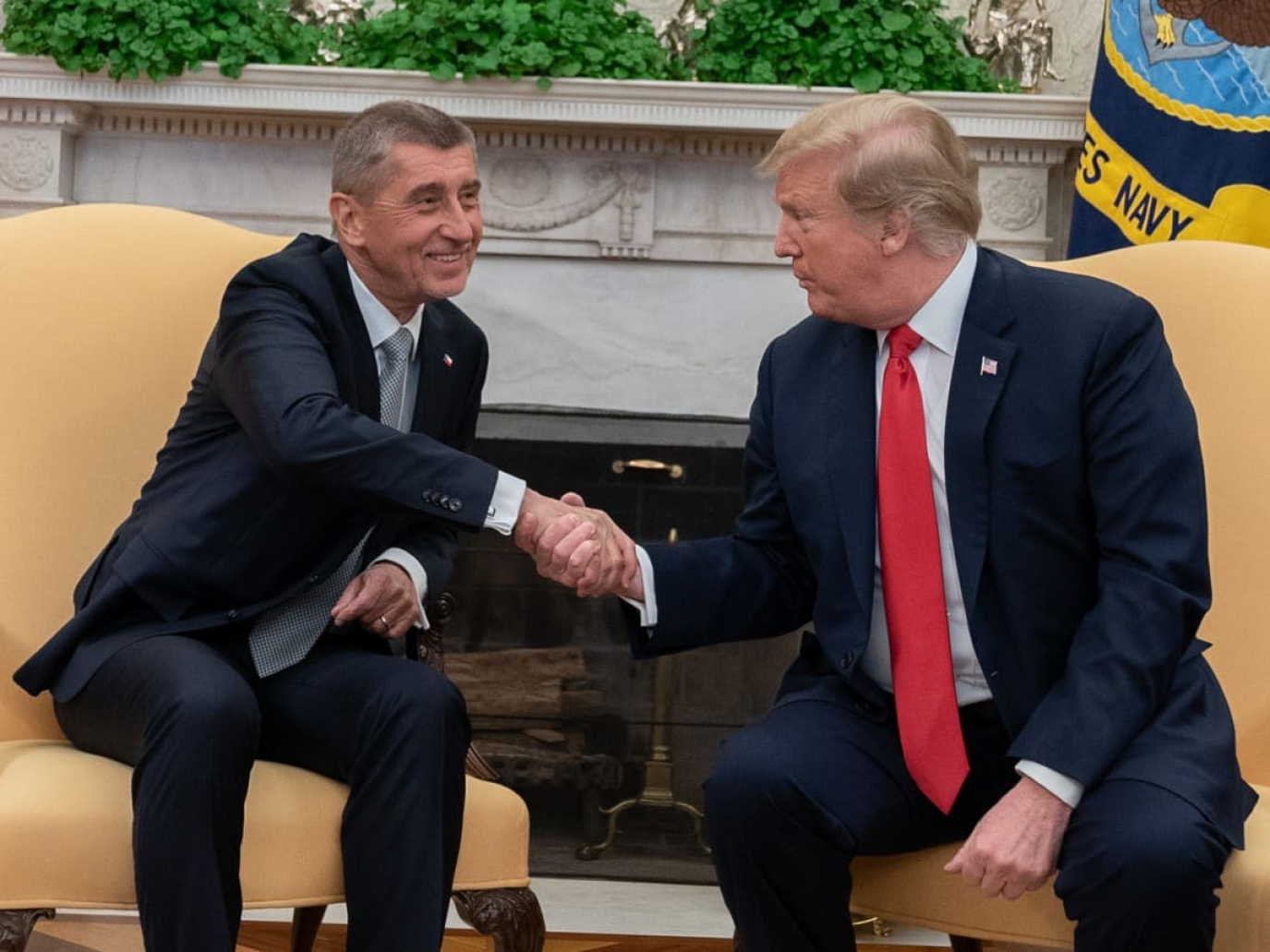
This article is also available in Italian / Questo articolo è disponibile anche in italiano
Andrej Babiš, the billionaire who won the elections in the Czech Republic, is the kind of politician who is perfectly suited to playing with analogies. Before being described, as we see in the headlines these days, as “the Czech Trump”, he had been compared to Berlusconi. Foreign Policy even coined the chilling nickname “Babisconi” to introduce him to the world during his first rise to power, which had already brought him to the position of prime minister in 2017. Babiš threatened to sue them, but in the end did not.
Since his first term in office, the world has changed, his country has changed, the European Union has changed, and issues, problems and terms have changed. The climate crisis has worsened, the Czech Republic has war on its doorstep, along with almost 400,000 Ukrainian refugees (third after Poland and Germany). Today, after the outcome of the Prague elections, we could say that Ukraine has one less friend in Europe and that the Green Deal has one more enemy.
Babiš hated the Green Deal when everyone else still seemed to like it. His hostility towards European decarbonisation policies is both ontological and political. Ontological because the likely prime minister of the Czech Republic is a carbon-intensive billionaire. He became one of the most powerful men in Central Europe as a fertiliser mogul, and has strong ties to the fossil fuel industry. If he succeeds in forming a government, he will probably be the world's most fossil-fuel-friendly leader, alongside Trump and Putin. Agrofert is one of the country's largest corporations, owning and controlling dozens of companies operating in the chemical, petrochemical and agricultural sectors. Babiš was Agrofert's CEO and owner until 2017. Today, the group is managed by a trust, but the former CEO still wields influence. It is, in effect, still under his control.
Then there is the political hostility to the Green Deal, which Babiš used in these elections in accordance with the populist right-wing playbook, namely as a scapegoat for all the difficulties faced by the Czechs: economic crisis, inflation, high energy costs. His party, Akce nespokojených občanů (ANO), literally means “action of dissatisfied citizens”. Treating ecology as a political cash machine from which to draw consensus is a conditioned reflex that has been sweeping across Europe for years. It must be said, however, that Babiš was a precursor of anti-environmentalism.
As prime minister, he attended COP26 in Glasgow, and even then he already delivered a fierce attack, from that audience and in that context, on the Green Deal, which still seemed to be in favour. It seems strange to remember it today, but four years ago, political etiquette required that heads of state and government display at least a facade of environmentalism, an obligation that Babiš had completely shirked. In Glasgow, he said that the Green Deal was the European green suicide. “The Green Deal has a huge social, economic, political and geopolitical cost. It will lead to a loss of European competitiveness, causing impoverishment of families, unemployment, disintegration of industry and even destruction of the environment. The Green Deal wants too much, it wants it too soon, and it wants it at any cost.”
In short, in a way we could say that Babiš is not only a follower of the anti-environmentalist manual, but has also contributed to writing some of its pages. In Glasgow in 2021, before the war in Ukraine, he also said that instead of negotiating long-term contracts with Russia, European politicians were too busy blocking gas transit, citing fears of becoming too dependent on Russia. ‘Ladies and gentlemen, we are already dependent on Russian gas and will continue to be so for another thirty years, and there is no other way.’ Listening to these words again four years later, they are rather striking, and it is not difficult to imagine on which side of Europe Babiš will side if he becomes prime minister.
He will have to seek votes among those who are even more populist than he is. We would be foolish to treat the 7% of an unthinkable party such as “Motorists for Themselves” as if it were a mere footnote, a detail in the grand scheme of Europe. Not only because these are crucial votes, but also because this single issue party, which emerged to the right of Babiš and is instrumental to the government, risks becoming a model for other European political entities. This small party, abbreviated to AUTO (Motoristé sobě), is halfway between the neo-Nazism of Golden Dawn and the most ruthless of energy populism: it is against cycle lanes, against electric cars, against Europe, against the euro, and its motto is “cars, coal and crowns”. Whether it goes into government or not, there will be thirteen MPs in the Prague parliament who effectively represent a means of transport rather than a section of society. This is not a stunt, it is Europe in 2025.
This Prague autumn shift comes at a very delicate moment for the European Union, in which the narrative of the dismantling of the Green Deal seems to precede the dismantling itself, like a prophecy attempting to become self-fulfilling. Our field of forces is torn between Trump's fossil fuel magnetism of tariffs, blackmail and gas; Putin's magnetism in the east, to which Babiš is sensitive, following the model of Slovakia and Hungary; and China's autocratic and electrified magnetism, which is now becoming a distressing temptation for Europe.
If dialogue with Trump and Putin is impossible regardless, doing so with China without adequate self-awareness and awareness of one's own vocation becomes equally dangerous. The Green Deal, with its strengths and weaknesses, was an attempt to give us a calling, to be able to say to ourselves and to our counterparts: this is our place in the world, this is our project. Every European election seems to add a new piece to the puzzle of the Union's fragmentation. Dissatisfied, angry, defensive and, above all, exhausted, forced to surrender to someone or something because it is no longer capable of taking anything. This is the image of Europe that the victory of the fertiliser tycoon presents us with.
Cover: Andrej Babiš and Donald Trump at the White House in 2019



